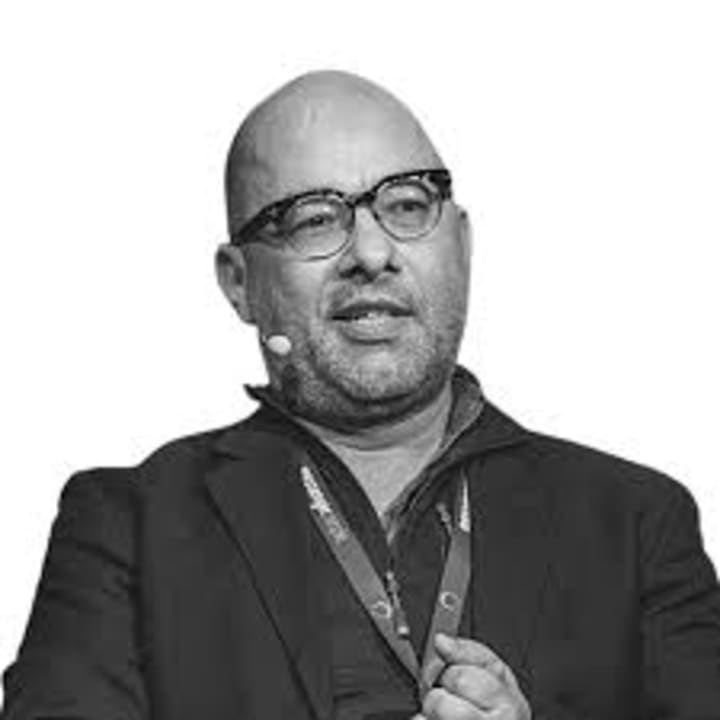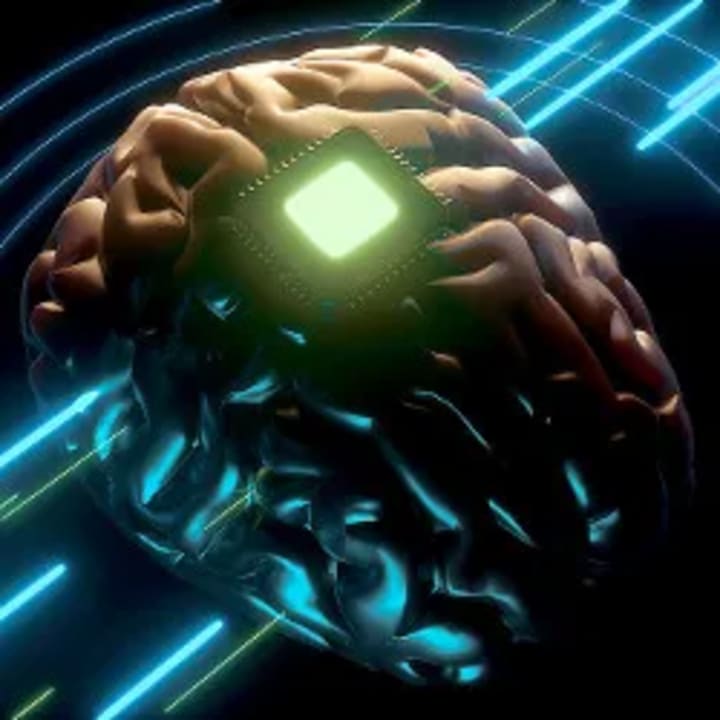Unlocking the Mysteries of the Brain: An Exclusive Interview with Dr. Newton Howard
Pioneering the Future of Neuroscience Through Innovation and Personal Experience

Dr. Newton Howard is a luminary in brain science whose journey is marked by relentless curiosity and groundbreaking achievements. Beginning with a profound passion for mathematics, his work has significantly contributed to the fields of neuroscience, cognitive enhancement, and technology across multiple continents.
From Mathematics to Neuroscience: A Journey of Discovery
Dr. Howard's early years were marked by a deep-rooted passion for science and technology. His journey to the United States, ignited by his work on a small hydrogen engine as a child, set the stage for a lifetime of scientific exploration. Initially focused on mathematics and modeling the human mind, he developed the theory of intentional awareness at Oxford, which has been applied in various military and governmental settings. A personal experience with traumatic brain injury (TBI) further fueled his desire to understand and address brain-related issues, leading to his groundbreaking work in neurodegenerative diseases and the development of the Brain Code Theorem.

Discussing the intersection of mathematics and neuroscience, Dr. Howard explained, "Mathematics provides a framework to model the complexities of the human brain. The theory of intentional awareness allows us to quantify and predict mental states, which is crucial for developing effective treatments for various brain disorders."
Electroceuticals: A New Frontier in Brain Health
One of Dr. Howard's significant contributions is his research into electroceuticals—non-pharmaceutical treatments like Transcranial Magnetic Stimulation (TMS) and Transcranial Direct Current Stimulation (tDCS). These methods, which involve the application of magnetic and electrical currents to the brain, have shown promising results in treating conditions such as depression, PTSD, OCD, and even autism spectrum disorder. Dr. Howard's personal experience with TMS for his TBI highlighted its potential, emphasizing the need for broader awareness and accessibility of such treatments.

Citing recent studies, Dr. Howard remarked, "Research has shown that TMS can significantly reduce symptoms of depression in patients who have not responded to medication. The non-invasive nature of TMS makes it a viable alternative for those seeking non-pharmaceutical treatments." A 2018 study published in the Journal of Clinical Psychiatry supports this, finding that patients treated with TMS experienced a 30% reduction in depressive symptoms.
The Potential of Brain Implants
Dr. Howard is also pioneering work on the Kiwi Chip with his company ni2o. This chip, designed for brain augmentation and the treatment of conditions like Parkinson's and Alzheimer's, represents a significant leap forward in neurotechnology. Within the next decade, Dr. Howard envisions a future where brain implants could become commonplace, not just for medical treatments but also for cognitive enhancement and brain augmentation.

"Brain implants hold incredible potential," Dr. Howard stated. "They can help us restore lost functions in patients with neurodegenerative diseases and enhance cognitive abilities in healthy individuals. The Kiwi Chip is a step toward integrating advanced technology with human biology." This sentiment is echoed in a 2019 article in Nature Neuroscience, which discusses the rapid advancements in brain-computer interfaces and their potential applications in treating neurological disorders.
Current and Future Projects
Currently, Dr. Howard is focused on bringing the Kiwi Chip to market and opening a clinic offering both TMS and tDCS treatments. His ongoing research aims to further our understanding of brain disorders and develop new therapeutic tools. Dr. Howard's vision is to make brain health as routine as dental check-ups, with regular "brain tuning" sessions to maintain cognitive well-being.

"Regular maintenance of brain health is crucial," Dr. Howard explained. "Just as we visit dentists to keep our teeth healthy, we should have regular check-ups for our brain. Early detection and intervention can prevent many cognitive issues from progressing." A 2020 study in Frontiers in Human Neuroscience highlights the benefits of routine cognitive assessments in identifying early signs of dementia and other neurodegenerative diseases.
Personal Practices for Cognitive Health
Despite his busy schedule, Dr. Howard maintains his cognitive health with a regimen that includes omega-3 supplements, saffron tea, and playing the cello. He emphasizes the importance of exercise, although he admits it's an area he could improve on. His holistic approach to brain health reflects his belief in the power of combining traditional practices with cutting-edge technology.
"Playing the cello is not just a hobby; it's a mental exercise," Dr. Howard shared. "It engages multiple areas of the brain, improving memory and coordination. Similarly, omega-3 supplements and saffron tea have been shown to support cognitive function." According to a 2019 review in the Journal of Nutritional Biochemistry, omega-3 fatty acids play a crucial role in brain health, potentially delaying the onset of Alzheimer's disease.
Conclusion: A Vision for the Future
Dr. Howard's ultimate goal is to see brain diseases eradicated and cognitive enhancement accessible to all. His relentless pursuit of knowledge and innovation continues to push the boundaries of what is possible in brain science. His work will shape the future of neuroscience and cognitive enhancement in profound ways.
In conclusion, Dr. Howard emphasized, "The future of brain science is incredibly promising. With the advancements in neurotechnology and our growing understanding of the brain, we are on the brink of breakthroughs that will transform how we treat and enhance the human mind." His optimism is reflected in the ongoing research and development within the field, as scientists and technologists continue to explore new frontiers in understanding and improving brain function.
About the Creator
Mojalefa Mokoena
Discover the world through the eyes of Mojalefa Mokoena, a passionate storyteller from the heart of South Africa. Mojalefa's narratives blend cultural richness with contemporary insights, offering a unique perspective on global themes
Enjoyed the story? Support the Creator.
Subscribe for free to receive all their stories in your feed. You could also pledge your support or give them a one-off tip, letting them know you appreciate their work.






Comments
There are no comments for this story
Be the first to respond and start the conversation.